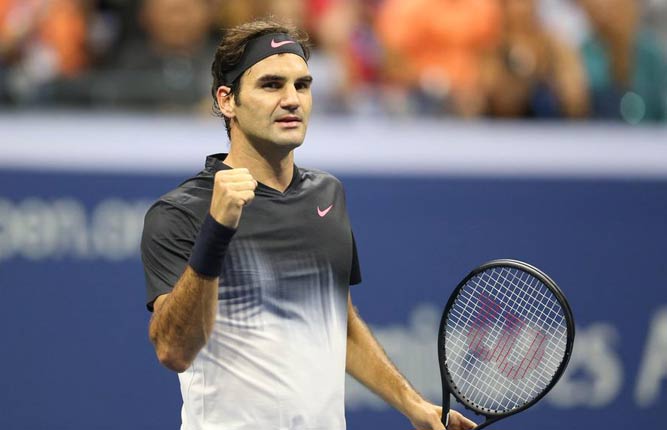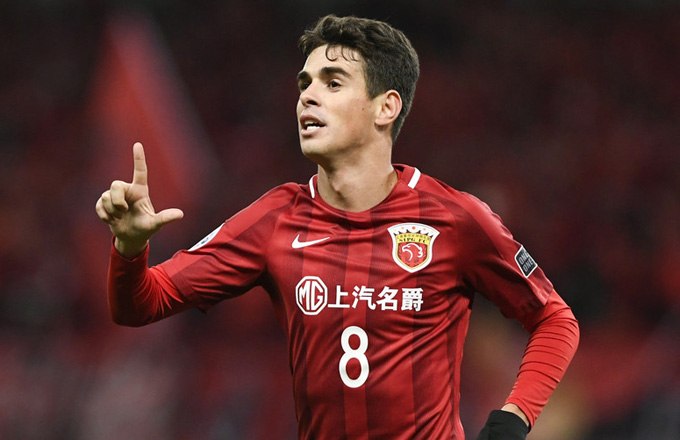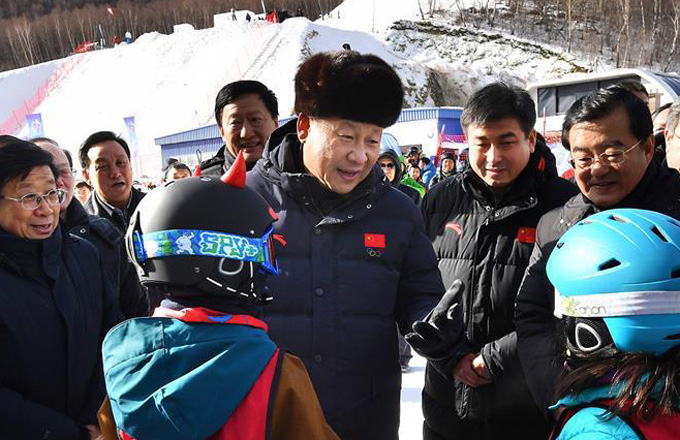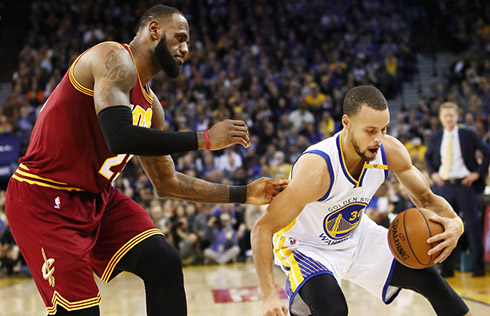Urban anchoring boosts soccer culture
With the Chinese national team struggling in World Cup qualifiers, there's a new focus on enhancing the fortunes of city-sponsored squads at the grassroots level in order to boost the nation's chances of becoming a future soccer power.
At the National Games in Tianjin, a new approach to soccer is establishing solid ties between cities and clubs to offer a platform for amateurs and professionals.
Eight clubs in the country's third-division league are at the 13th National Games. They made it to the finals after advancing from a qualification round of 16, which included both professional and amateur squads.
It marks the first time in the history of China's highest-level multisport event that soccer teams have been allowed to represent cities. Previously, they represented provincial-level regions or industrial sports associations.
Hebei Jingying Football Club is one of the eight teams that competed in the urban category, representing Qinhuangdao, the city where the club is based.
General manager Xu Tao was quoted by China Sports Daily as saying that teams in lower-level leagues tend to lack public exposure and support from local sports governing bodies. He said participating in the Games in the name of Qinhuangdao helps cement the bond between the club and local fans.
China's professional leagues, which debuted in 1994, have a relatively short history. Many clubs have had the experience of changing their host stadium or moving to another city, which has impaired connectivity with local fans.
To build a sound soccer culture in cities, a national reform initiative unveiled in 2015 encouraged local governments to create conditions to help clubs take root in cities and prevent them from frequently changing their host city.
The reform plan, which was approved by the country's top administration, is aimed at building China into a world soccer powerhouse by 2050 through league promotion and youth development.
Li Yingchuan, deputy director of the State General Administration of Sport, said the introduction of urban category matches at the National Games will promote soccer development at the grassroots level.
Shanghai Jiading Chengfa is the only amateur squad that took part in the qualification round of the urban category.
"As a grassroots team, we face the problem of being recognized by local fans and integrating into the city," said Wang Hongliang, deputy general manager of the club. "The urban category provides us a platform to build our club's reputation and increase fans' recognition for us."
machi@chinadaily.com.cn
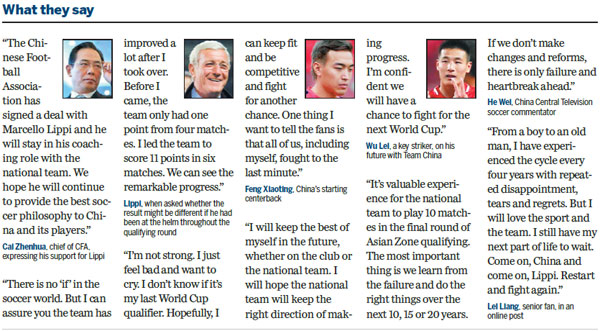
(China Daily 09/07/2017 page24)








